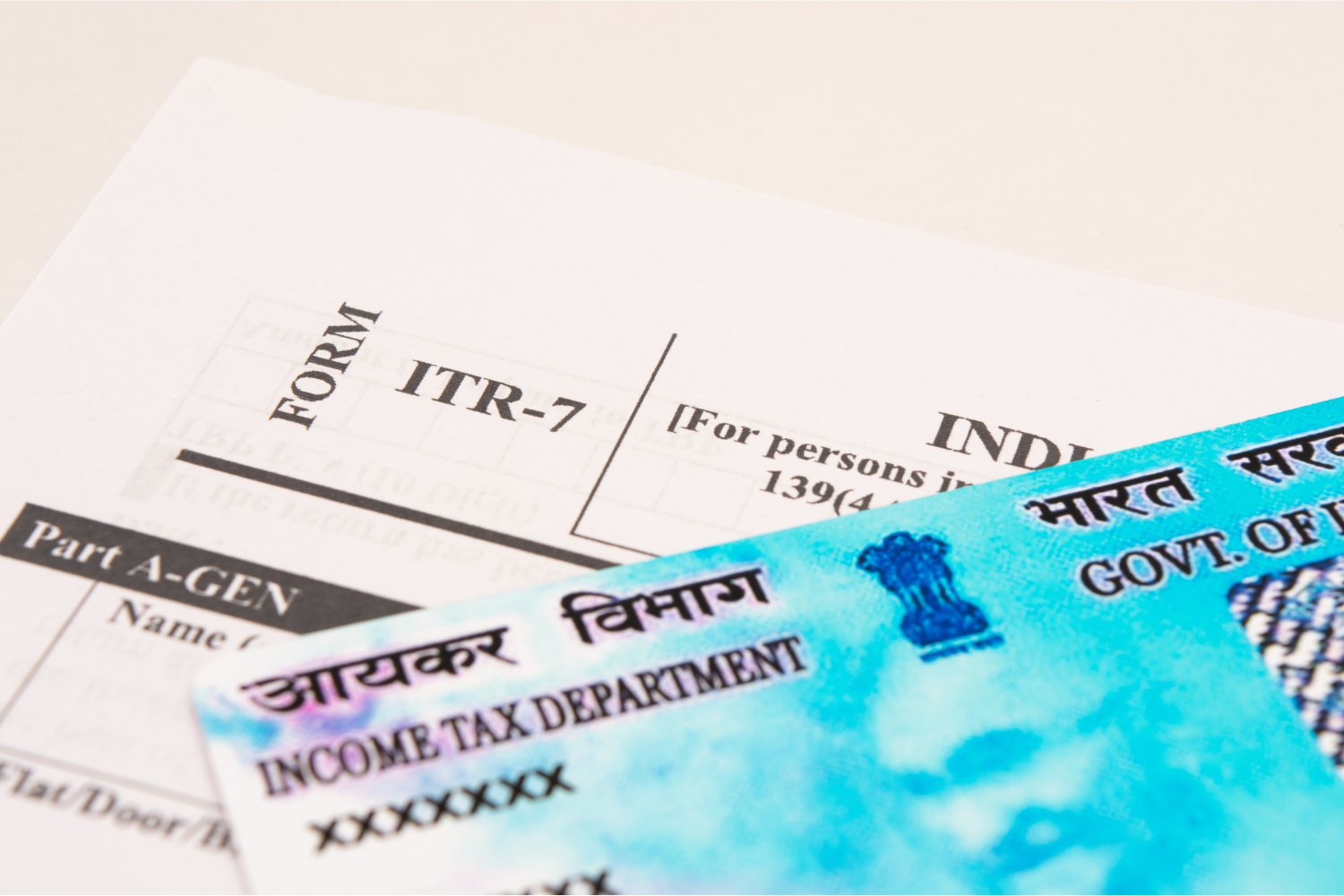What Information Will Be Required For An Income Tax Audit?
Introduction
The country has several rules and regulations. Some of them manage multiple types of audits, such as counting cost audits, stock audits, business audits, tax audits, secretarial audit reports, and so on. An income tax audit, as the name implies, seeks to determine whether an individual or business accurately submitted ITRs (Income Tax Returns) for a taxation year.
The Income Tax Act authorises an outside organisation to review ITRs filed, deductions and outlays, and other requirements. The Income Tax Audit procedure simplifies ITR calculation. The CA of the auditing organisation shall produce Form 3CB or 3CA, as well as Form 3CD, as an audit report with the notes.
What Is the Purpose of a Tax Audit?
An income tax audit is crucial for a variety of reasons. Some of them are listed below:
It provides vital information such as compliance, tax depreciation, and so on. This simplifies the procedures for income tax businesses to evaluate the accuracy of the ITR filed by the enterprise or person.
- It also aids in the detection of income tax fraud and malpractice.
- Following a comprehensive investigation of the correctness or imprecision of the ITRs filed, the auditor reports his findings.
- It is also necessary for analysing the correctness of ITRs filed by firms or individuals during a taxation year, as well as the CA’s account preservation.
Who Needs a Tax Auditor?
These are the types of taxpayers who require an income tax audit:
- A business owner cannot claim presumptive taxation under Section 44 AD because he pursued it in a single taxation year and not in any of the five subsequent years. This applies while his yearly revenue exceeds the maximum amount not chargeable to tax in the five taxation years following the tax year.
- A worker for a company with a gross income of more than 50 lakh.
- A business owner who has not chosen a presumptive taxation scheme and has a gross revenue/turnover of more than one crore rupees.
- A corporate employee can choose presumptive taxes and claim revenues that are less than the presumptive taxation limit. Also this employee’s annual pay exceeds the tax-free threshold.

The Income Tax Audit Report Filing Process
Here’s all you need to know about the Income Tax Audit Report Filing Process:
- The CA who is assigned to conduct an income tax audit of a corporation or a person must present the audit report online using his valid login information.
- The taxpayer must also include the relevant CA information within their login platform.
- As soon as the report is uploaded by the tax auditor, the taxpayer must approve or deny it on their login site. If the report is denied, the entire procedure must be repeated until the report is approved by the taxpayer.
- The report must be submitted by the predetermined deadline for filing an ITR, which is September 30 for other taxpayers and November 30 for taxpayers involved in international transactions (one should be aware of the ITR 3 filing process prior to starting the filings).
Income Tax Audit Restriction
According to Section 44AB of the Income Tax Act, audit limits for businesses, professions, and alleged taxation schemes are as follows:
Professionals
When the gross income from the specialised occupation exceeds 50 lakhs in any prior taxation year, professionals’ income tax audit is applicable. This profession can be an engineer, a lawyer, an accountant, a technical consultant, an interior designer, an architect, a doctor, etc., in accordance with Rule 6F PF of the Income Tax Rules.
Business
Businesses that generated more than $1 million in gross sales or overall turnover the previous tax year are subject to tax examination. According to the Income Tax Act, a business is any financial act that generates income and profits. Business is defined as anything connected to trade and manufacturing in Section 2(3).
Scheme for Presumptive Taxation
A person must submit to an audit if they are registered under this system under Section 44AD and have a turnover of more than $2 Cr.
Conclusion
In conclusion, conducting an income tax audit necessitates the gathering of certain information and documents to ensure a thorough evaluation of the taxpayer’s financial records. Books of accounts, financial statements, bank statements, invoices, vouchers, buy and sales registers, TDS certificates, and other necessary supporting documents are normally required for an income tax audit. Details about assets, liabilities, investments, and any transactions subject to specific tax provisions may also be necessary. To facilitate the audit process and offer the necessary information to tax authorities, it is critical to keep organised and correct records. Seeking professional guidance and being up to date on tax audit standards can help people appropriately prepare for an income tax audit.



